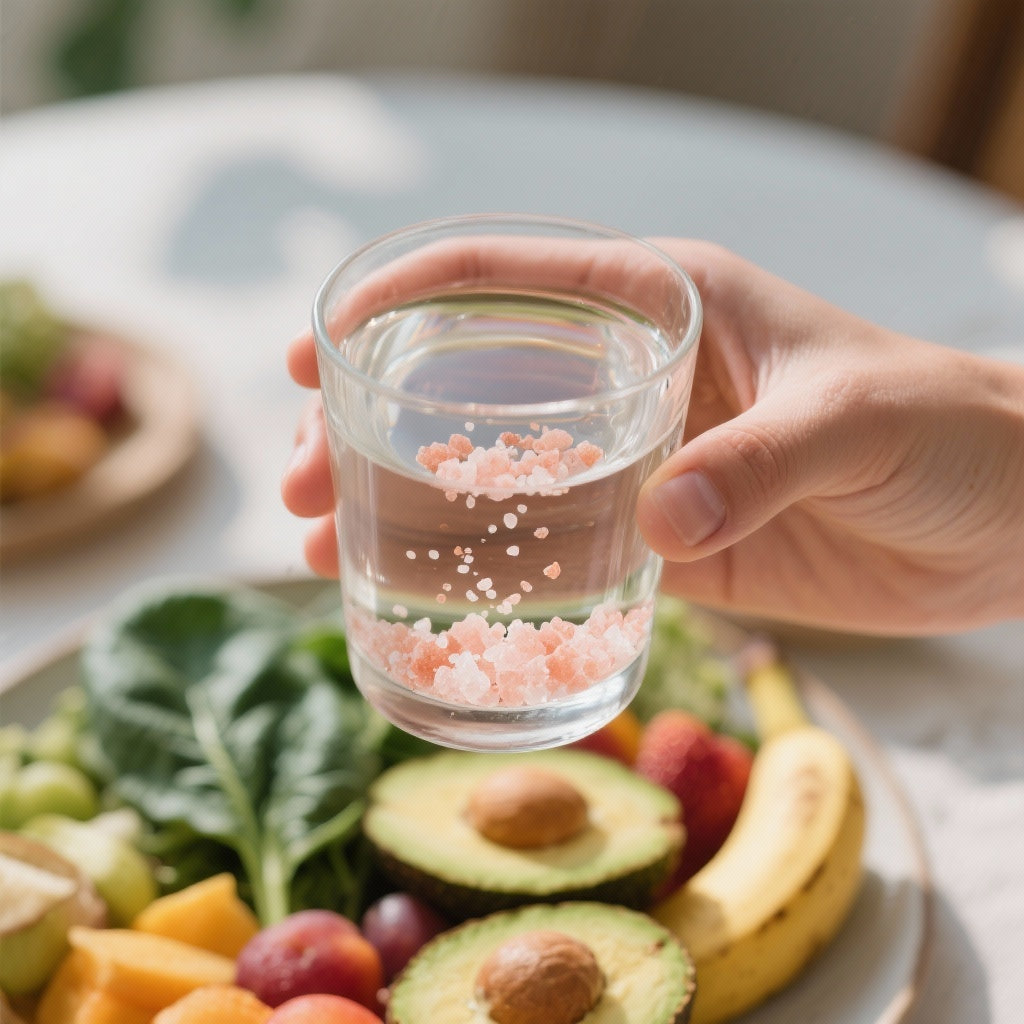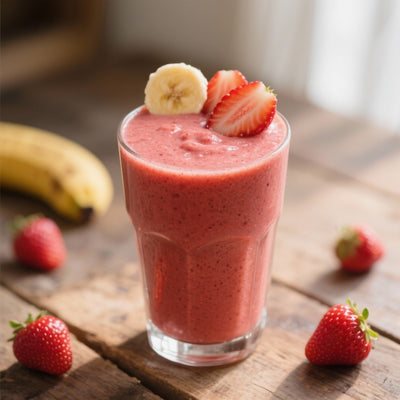Why Drink 3 Liters of Water Dilutes Your Essential Minerals: Myth or Reality?
Hydration is essential for life. We are constantly told that we need to drink plenty of water, often 2 to 3 liters a day, to stay healthy. But can too much water be harmful? The question of how excessive water consumption dilutes essential minerals is a subject of debate. In this article, we will explore this issue in depth, separate fact from fiction, and provide you with practical tips for optimal hydration.
We will discuss the mechanisms by which water influences your body's mineral balance, the potential risks of overhydration, and how to maintain healthy levels of essential minerals. The goal is to give you the knowledge you need to make informed decisions about your water intake and overall health.
The Crucial Importance of Essential Minerals
Essential minerals, such as sodium, potassium, calcium, and magnesium, play a vital role in many bodily functions. They are involved in regulating blood pressure, nerve transmission, muscle contraction, and fluid balance. A deficiency in these minerals can lead to a range of health problems, from fatigue and muscle cramps to more serious heart conditions.
Unlike macronutrients (proteins, carbohydrates, and fats), minerals do not provide energy directly, but they are essential for the body to properly utilize other nutrients. They act as cofactors in many enzymatic reactions and help maintain homeostasis, that is, the body's internal balance.
How Water Affects Mineral Balance
Water plays a key role in transporting minerals throughout the body. It helps dissolve minerals and deliver them to the cells where they are needed. However, excessive water consumption can disrupt this delicate balance. When you drink large amounts of water, especially over a short period, you can dilute the concentration of minerals in the blood. This phenomenon is known as hyponatremia, or low blood sodium levels.
Hyponatremia can occur when sodium intake is insufficient to compensate for sodium loss through perspiration or renal excretion. It is more common in endurance athletes who drink excessive amounts of water during exercise, but it can also affect people on drastic weight-loss diets or those with kidney problems.
The Risks of Excessive Hydration (Hyponatremia)
The symptoms of hyponatremia vary depending on the severity of the mineral dilution. Mild symptoms may include nausea, headaches, and confusion. In more severe cases, hyponatremia can lead to seizures, coma, and even death. It is crucial to recognize the signs of overhydration and take steps to restore mineral balance.
Drinking 3 Liters of Water: Is That Too Much for Everyone?
The recommendation to drink 2 to 3 liters of water per day is a general guideline that is not suitable for everyone. Hydration needs vary depending on several factors, including age, sex, level of physical activity, climate, and overall health. A person who does physical work in intense heat will need more water than a sedentary person living in a cool environment.
It's essential to listen to your body and drink when you're thirsty. Thirst is a natural mechanism that indicates your body needs more water. Don't force yourself to drink water if you're not thirsty, as this can disrupt your electrolyte balance.
How to Maintain a Healthy Mineral Balance
Here are some practical tips for maintaining a healthy mineral balance while staying hydrated:
- Listen to your thirst: Drink when you are thirsty, and not just because you are told to.
- Consume mineral-rich foods: Incorporate fruits, vegetables, nuts and seeds into your diet, which are excellent sources of essential minerals.
- Add electrolytes: If you exercise intensely or sweat a lot, consider consuming electrolyte-enriched drinks or foods to replace lost minerals.
- Avoid drastic weight loss diets: Restrictive diets can disrupt your body's mineral balance.
- Consult a healthcare professional: If you have any concerns about your hydration or mineral balance, consult a doctor or nutritionist.
Hydration and Mineral Balance: A Question of Balance
Drinking enough water is crucial for health, but it's important not to overdo it. Ideal hydration is all about balance: listen to your body, consume mineral-rich foods, and tailor your water intake to your individual needs. By following these simple tips, you can stay hydrated while maintaining your mineral balance and optimizing your overall health. To support optimal mineral balance, consider incorporating quality supplements like Shilajit, rich in essential minerals, into your daily routine.











